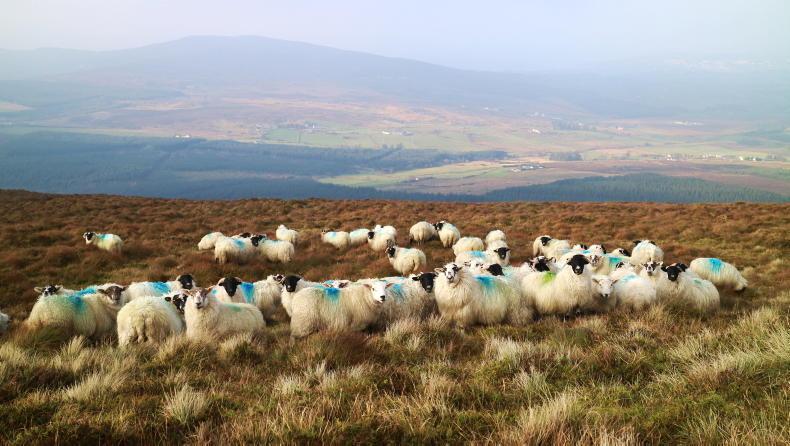There has been a 230% increase in wolf attacks on sheep in Austria, the country’s Minister for Agriculture Norbert Totschnig has highlighted.
Minister Totschnig said wolf populations in rural areas have risen to the extent that “farmers can no longer allow their animals to graze on Alpine pasture”.
He made the comments while calling on the European Commission to re-examine its current legislation on large carnivores, the habitats directive, which he said is a “threat to biodiversity-rich agricultural land”.
Speaking at a recent meeting of EU agriculture ministers, the Austrian minister was supported by his equivalents from Croatia, Finland, Hungary, Latvia, Romania and Slovakia in calling for greater controls on the growth of large carnivore populations in Europe.
Several other EU agriculture ministers also shared concerns on the impact of wild carnivores such as wolves, bears and lynx in their farming areas.
Economic damage
Minister Totschnig said that in parts of Austria, wild carnivore attacks on sheep are causing economic damage and emotional torment for farmers.
He asked the Commission to “look again” at the directive, which celebrates its 30th anniversary this year. On farmers suffering losses through wolf attacks, he said they will need “financial support” to “continue into the future”.
The Baltic states in the EU said they have also seen a “significant rise in brown bears and wolves” and shared agreement that the legislative framework should be reviewed to take into account the specificities of member states.
Lithuania made a case for “additional financial resources” for herd protection systems and compensation for damage caused by carnivores, while Estonia said it would like to see a pan-European approach and greater incentives for attack-preventive measures.
‘Vast rise’
Neighbouring Latvia, which has also seen a “vast rise” in the number of golden jackals, is pushing for a “flexible solution”, refined for each member state.
Similarly, Slovenia expressed concerns about its growing population of brown bears and wolves. Slovenia’s agriculture minister Irena Šinko said that the Commission’s protection measures “go hand in hand” with “active management” such as the culling of brown bears and wolves.
Finland’s agriculture minister Antti Kurvinen also said bear and lynx populations in the country have “tripled despite hunting”.
He called for the Commission to bring in control policies “based on scientific knowledge and social sustainability”.
“It is very dangerous, if we cannot protect these areas from carnivores,” he said.









SHARING OPTIONS